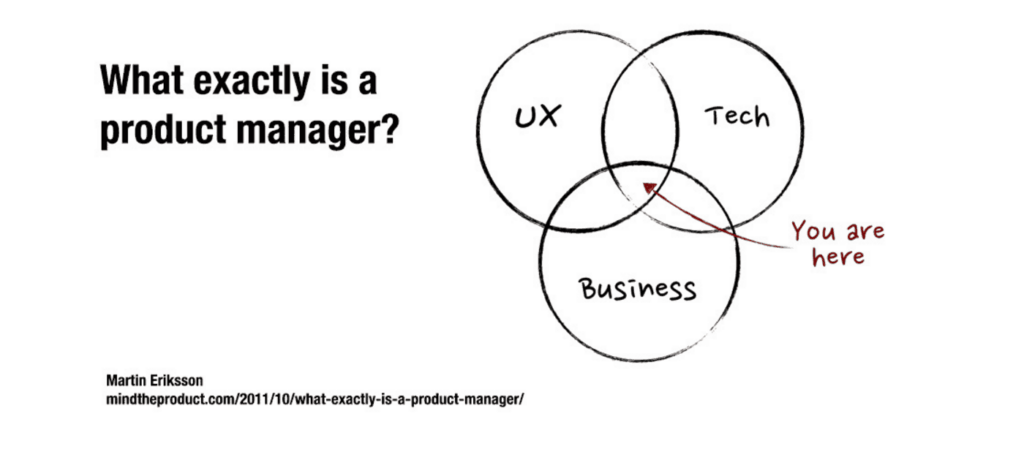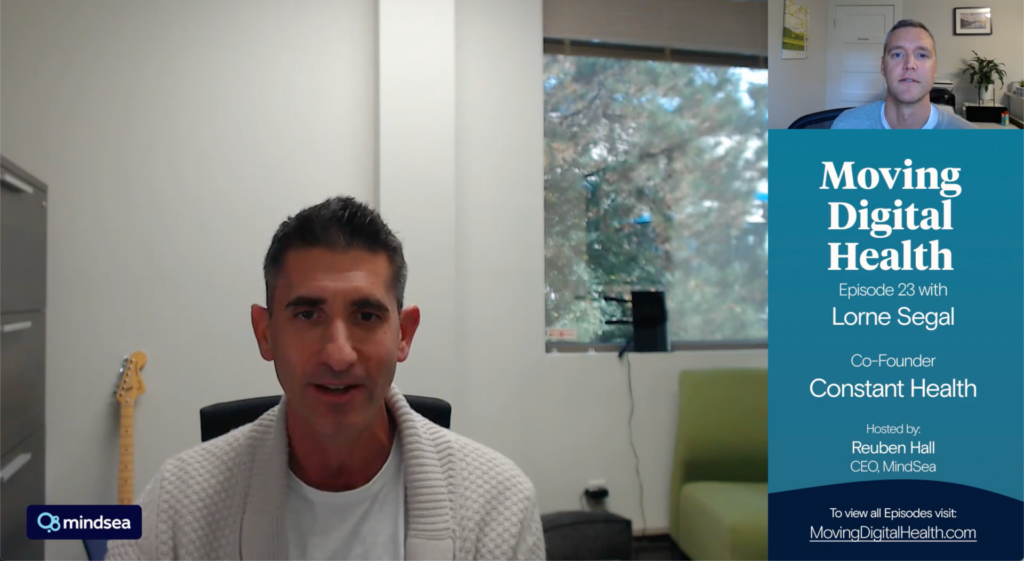
“Product leaders don’t play the game, but they are judged by the record of their products,” Adam Nash proclaimed in a presentation to AirBnb and Dropbox in 2013. Adam Nash is the CEO of Wealthfront and previously served as an executive in residence at Greylock Partners and vice president of product management at LinkedIn.
In a blog post titled Be A Great Product Leader, Adam writes:
It’s the product manager’s job to articulate two simple things:
- What game are we playing?
- How do we keep score?
Adam suggests that if a product manager can “do these two things right” then all of the “brilliant individual contributors with talents in engineering, operations, quality, design and marketing will start running in the same direction.” For product leaders, identifying the direction is the first step to ensuring that the product and team have a chance to win the game.
In this blog post, we’re going to dive deep into the world of product management and discuss some of the insights shared by those who created world changing products. We will discuss the shared philosophies that enabled teams such as YouTube, Wealthfront, Twitter and more to create products that thrive.
What Goes Into Being A Great Product Manager?
If there is one linchpin to a successful product, it is a relentless product leader who acts as the glue between talents while holding a playbook that will lead their team to a win.
Yet, the playbook isn’t set by the product manager.
As Steven Sinofsky put it, product management works best when it acts less like the boss and more like the glue that binds the team together.
Hunter Walk, formerly product manager at YouTube supported this point writing,
Collaboration, communication and inclusion are essential – you’ll die on the vine without your team. But it’s not consensus you should seek. It’s a mandate to lead in a particular direction.
The product manager’s job is to understand the organization’s vision & mission and use information to build a game plan.
One of my favorite visuals that describe the role of a Product Manager is this venn diagram from Martin Eriksson highlighting the product manager’s role as the connecting factor between different roles:

As a connector, the next key part of the job is communication.
On Communication As A Product Manager
In a start-up, the number of ideas being thrown around to improve the product will always be plentiful. Whether it’s during brainstorming sessions or a late night work session, it’s the product manager’s job to ensure that everyone understands the game plan and the rationale behind it.
April Underwood, current VP of Product at Slack once said, every single line of code you commit probably has some inherent product decision in it. So you have to make sure that everybody on the team has as much information as possible about what the end goals are so they can make the right decisions.
The ability to communicate effectively as a product manager doesn’t happen by accident. It comes from being intentional with your efforts and being disciplined. Ben Horowitz wrote that good product managers send their status reports in on time every week, because they are disciplined. Bad product managers forget to send in their status reports on time, because they don’t value discipline.
Which takes us to my next point,in addition to valuing discipline, they value their team.
On Team Leadership As A Product Manager
If the product manager’s job is to be the glue between business, tech and user experience – team leadership is a key element of what it takes to be successful. Ultimately it’s not your boss who can make you successful, it’s your team,” said Hunter Walk, former product at YouTube. “You serve as the behest of the engineers and designers you work with on a daily basis.”
You need to check your ego at the door. Ken Norton, partner at Google Ventures suggests that a product manager must do whatever it takes to help the team ship a quality product. This could mean taking notes during a meeting, interviewing customers to get feedback, testing the product or even bringing donuts for the team.
Whatever it takes to establish trust with your team and inspire them to get things done. Which takes us to our next point.
On Getting Things Done As A Product Manager

Shipping product is the only way to get on the scoreboard.
When talking about hiring a product manager, Adam Nash suggests that “without fail, you can always tell when you’ve added a great product manager to a team versus a mediocre one, because very quickly things start happening.” As a product manager, it’s your job to keep the team executing at a high level and ensure that they’re moving towards the products vision.
As Ben Horowitz puts it, the product manager should act like the CEO of the product. When describing this role and the importance of embracing execution over everything he sums it up well stating:
Good product managers are viewed by the entire product team as the leader of the product. A good product manager is the CEO of the product. A good product manager takes full responsibility and measures themselves in terms of the success of the product. They are responsible for right product/right time and all that entails. Bad product managers have lots of excuses.
One excuse that mediocre product managers often resort to is a quest for perfection. In a recent post, John Vars the Chief Product Officer at TaskRabbit talks about what playing in a rock band taught him about product management.
Too often we wait too long to ship because we want something to be perfect. We’ll pre-optimize a product before launch when it’s cheaper and more effective to post-optimize (as in optimize after launch with real user feedback and data).
While acquiring data and perspective is great.
As a product manager, it’s often your job to compile insights, analyze them and make a decision…
On Coordinating Ideas & Decisions As A Product Manager
Former product manager at Facebook and Twitter, Josh Elman understands the importance of juggling new ideas with vision. In his blog post, A Product Manager’s Job he suggests that “the best product managers coordinate the key decisions by getting input from all team members and are responsible to surface disagreements, occasionally break ties, and gather consensus (or at least ensure that everyone commits to a plan) when decisions get made.” He continues to explain that “it’s not about building what the product manager thinks is right…. Instead, the best product managers build a process to collaboratively decide on the right priorities so the whole team is bought in.”
As Adam Nash said, as a product manager, your authority isn’t established through your title, it’s established through your record. You gain authority with your ability to filter through the various ideas and align them in a way that creates a product that drives engagement, sales or traction.
Without this mindset, an ego can manifest and result in the creation of a game plan that doesn’t lead to success. The best product managers spend more time listening than they actually spend talking.
On Validating Ideas That Guide Product Decisions
In another piece, Josh Elman described that great product managers listen to user feedback all the time — whether it’s from usability tests, meeting users in the field, reading support emails or tweets, or working with the people in your company who do all of those things on a daily basis. But the best ones assimilate this wealth of information into a vision for the product that helps the team make sure they are building the right things.
Ben Horowitz supports this suggesting that “a good product manager understands the difference between opinions, hunches, and objective facts. A good product manager knows that their job is to fill in these gaps in knowledge, not to defend or obfuscate them.”
In a role like this, Hunter Walk explains that you have to “be willing to stand up for what you believe, especially when you’re representing your users.” Your stakeholders, peers and colleagues might push you to do things that their gut believes is right but you must learn to resist embracing hunches over facts. Hunter explains that:
Hard decisions make great products. Your job is not to carve the safe route. Your job is to increase the probability that you’ll be delighting millions of users in a sustainable fashion.
Wrapping Things Up
You just read some of the top insights & philosophies about product management and how it can be applied to mobile app development.
As an app agency, it’s important for us to study the philosophies and strategies being used by some of our industries best and apply them to our own work.
At MindSea we embrace learning from others and have used the various insights highlighted in this post with our own projects. Whether it’s helping our clients during the development of a Mobile App Blueprint or launching our own products like Transit 360 – we recognize the important role that product management has in the app development process.
If you enjoyed this blog post, we’d love to hear from you. Send us a tweet on Twitter @MindSea!



